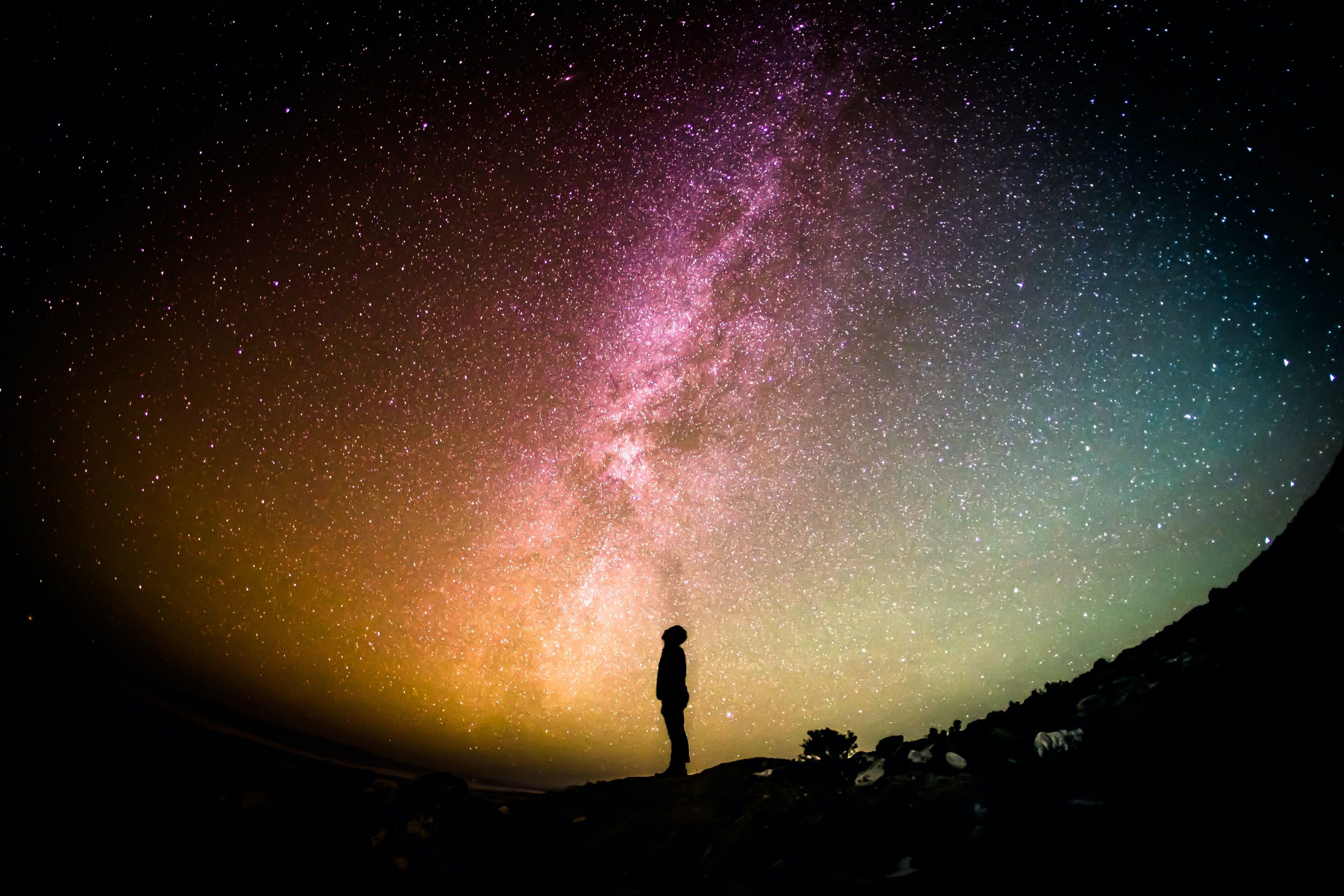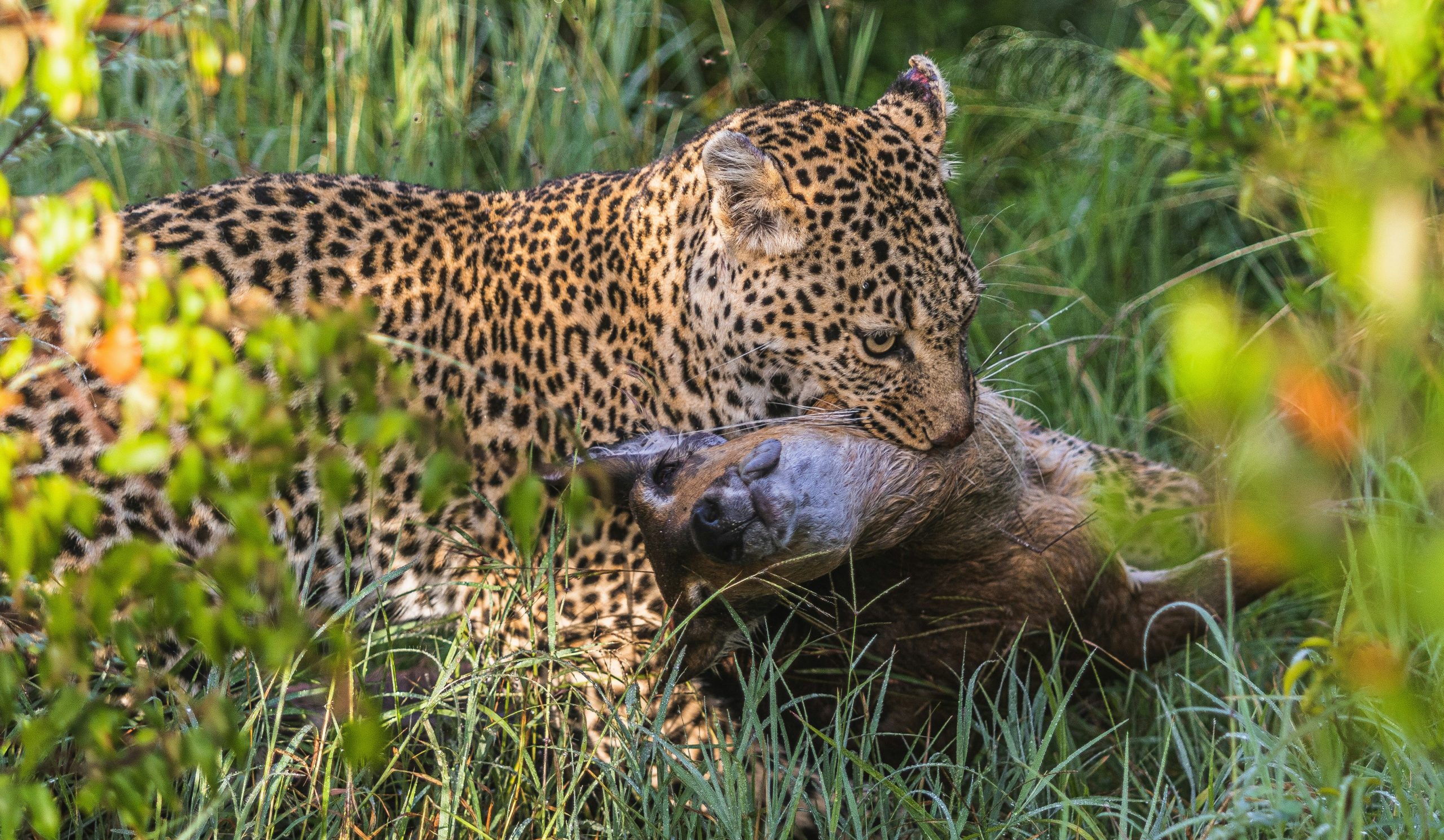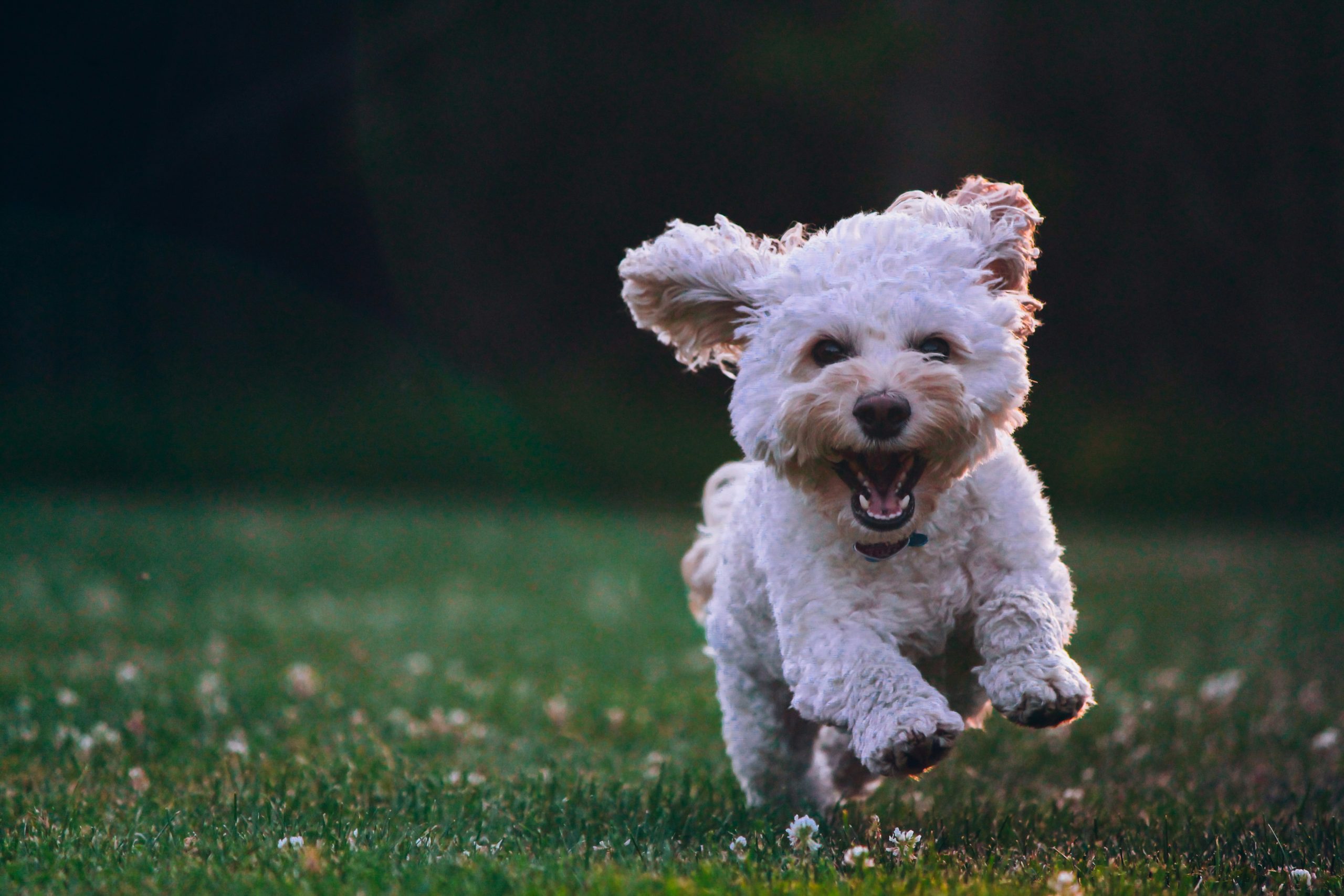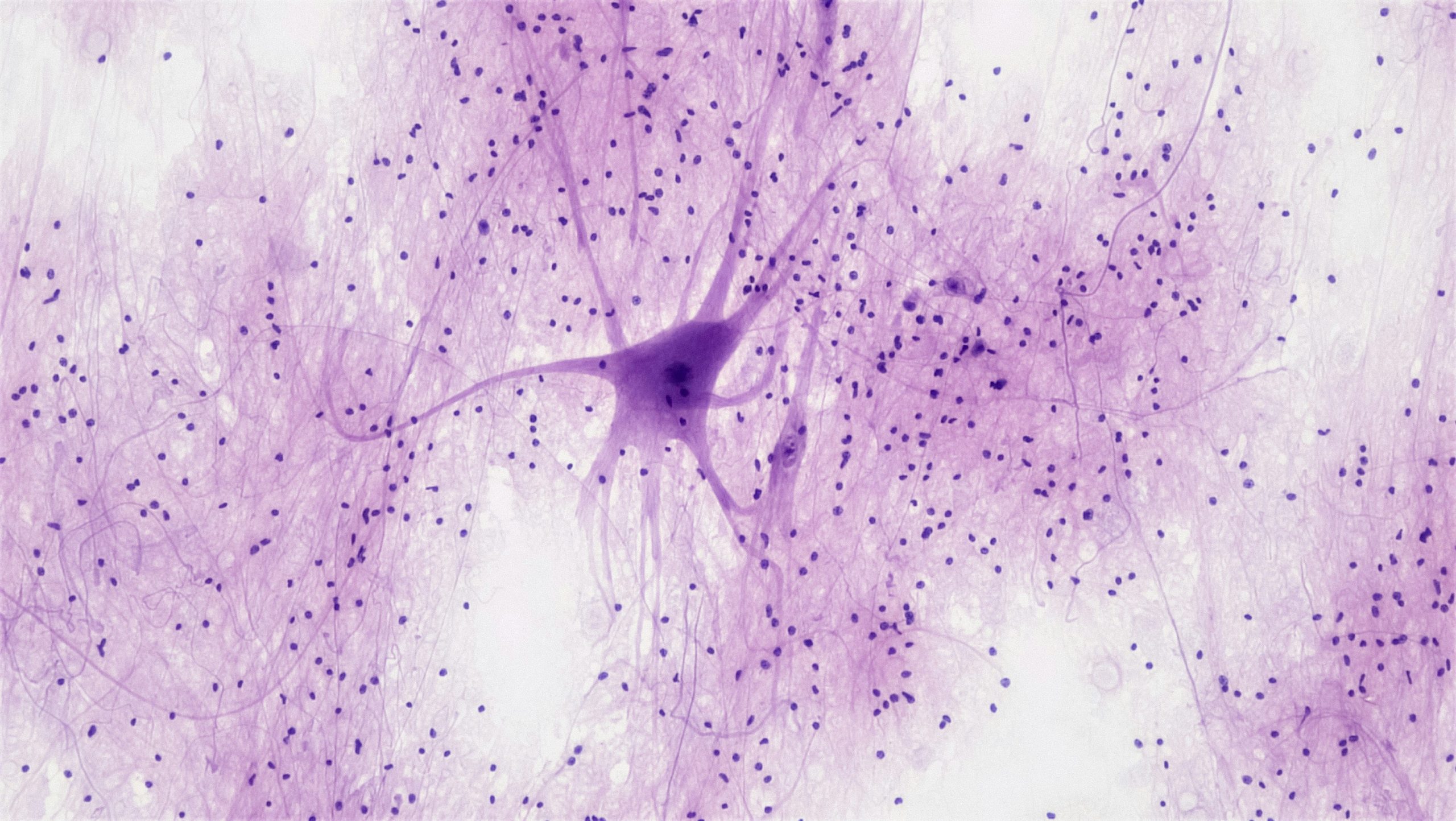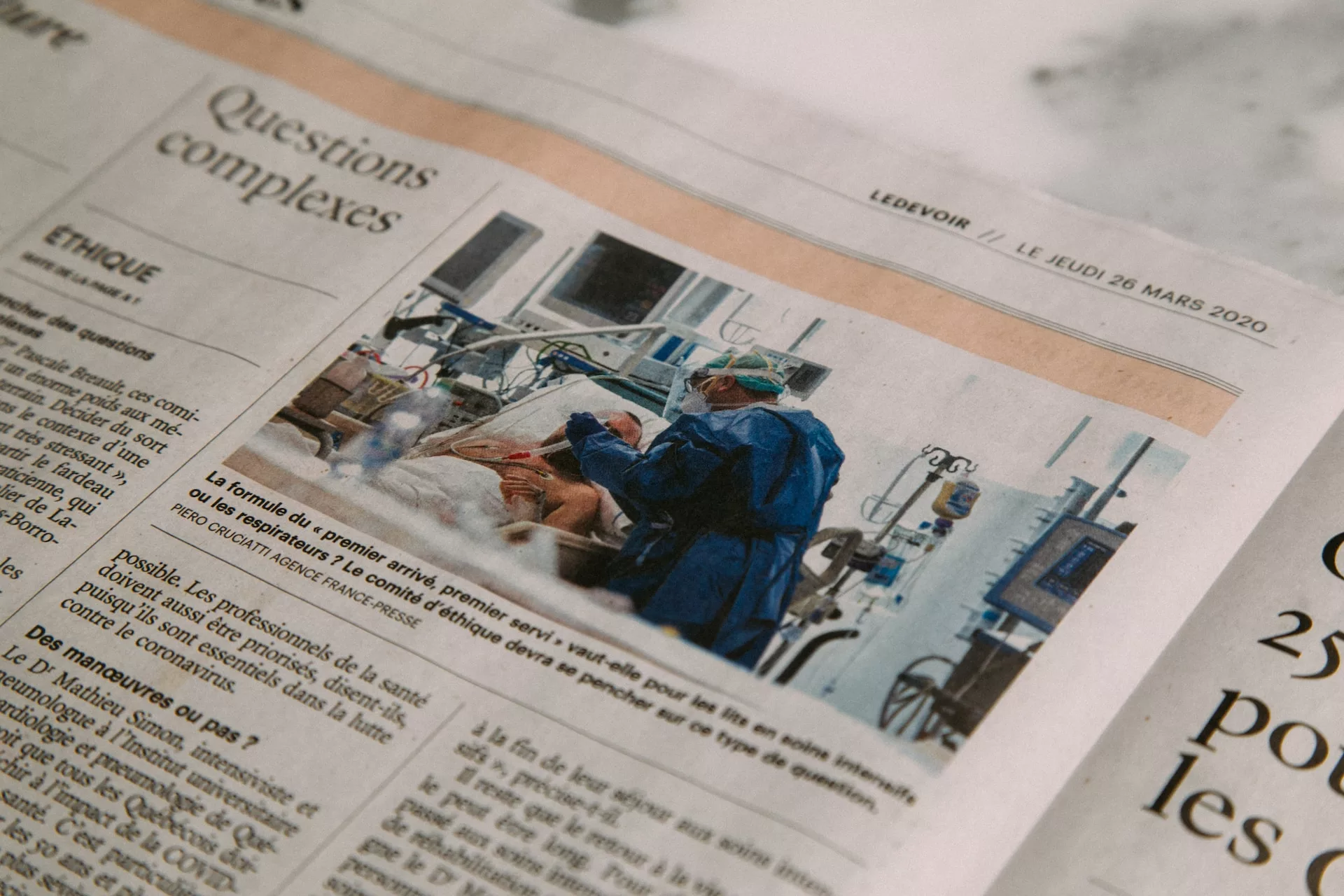Tilly Arscott, Year 11, The Woodroffe School
Creativity is an inherently human attribute that we have evolved to have in order to overcome problems and devise solutions through original thinking. It seems to be the fruit of a desire to survive, a relentless determination to adapt and innovate and overcome. In this way, science was born from creativity in this necessity to pioneer. Naturally, to advance it would help to understand the environment that you are living in, and the forces, materials, and organisms that you share it with. Science, this understanding, is simply a creative invention.
It is important to elucidate, however, that this should not mean that what is discerned through science is, in any way, an invention, or adaptable or accommodating, because it is not, only that the means to discern this fact – the practice of science – is a creative adaptation of humankind.
And it is integral to the process of science, as well as its invention. The scientific method appears, to me, as the most intensive and exciting harnessing of creativity. Observation and questioning show curiosity; the development of a hypothesis shows originality. Through repeated experiments, scientists are forced to re-evaluate and adjust, and they are rewarded with the creation of something valuable, whether or not it is tangible.
Albert Einstein said that ‘creativity is intelligence having fun’ and I have to disagree to some extent. As the scientific method proves, creativity is not always fun but hard work, the activity of consistently realising that you are wrong yet persevering, pushing yourself to think in different ways, and taking different approaches. I do concede, however, that creativity in science, if not always with satisfying results, is a work of passion, for this rigor and diligence stems from a commitment to curiosity and a love of attaining understanding.
Despite this indissoluble link between creativity and science, there is a great distance between the sciences and more creative disciplines such as visual arts and creative writing. I can understand the need to not mix the two areas in order to maintain the honesty and reliability of science, and not dilute it with bias. Nevertheless, I do feel that these disciplines have a role to play in bridging the gap between science and the public.
Science is essential and so it is vital that everyone has an understanding of it and what its advances and discoveries mean for them. Wilful and accidental, the misunderstanding of science can be dangerous, as has been shown in the current coronavirus pandemic. The rise of conspiracy theories leading to a refusal to comply with new regulations and scepticism of vaccinations has effects on people’s health and the health systems operating in a country. To protect people, it is paramount that they are prepared to trust science.
Another contended scientific fact is climate change which, despite increased acceptance and understanding of the severity of the issue, remains poorly dealt with and ignored in some situations. However, creative projects have been developed to present the science in an easily understandable form and to highlight the importance of action.
An example of this is ‘Our Planet’, David Attenborough’s powerful 8-part series which became Netflix’s most highly viewed series of April 2019 after reaching 25 million households in its first month of release. It combines striking videography and a compelling script with scientific fact and, thereby, makes the reality of the climate and biodiversity crisis palpable and relevant. The mainstreaming of this matter led to the informing of millions of people, the promotion of science and key global, national and regional political conversations and policies being made.
It is evident that creative ways must be found to present science to the public and to engage people with it. Creative disciplines can be used, not to bend facts, but to put facts into a bigger picture, to show their effect on people’s lives.
Science, and the human race, would not be here without creativity; the three are inextricably linked and it is essential that we remember, maintain, and utilise that going forward.
Year 10-11 category winner for the Schools Science Writing Competition, Hilary Term, 2021
Image credit: Greg Rakozy via Unsplash

